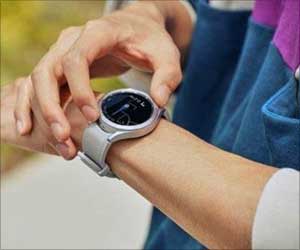
‘Mobile health interventions provide the best opportunity to provide "low cost, 24/7 support" to individuals at high risk for suicide, especially those with previous suicidal attempts or thoughts.’
Tweet it Now
Suicide Prevention in Your Pocket?
So far, mixed evidence or reviews on effectiveness of the prevention of suicide has been received using mobile applications.
Amid concerns that suicide rates may increase during the current COVID-19 epidemics, suicide is the leading cause of death worldwide. Mobile health interventions provide the best opportunity to provide "low cost, 24/7 support" to individuals at high risk for suicide, especially those with previous suicidal attempts or thoughts.
Ecological momentary interventions are a particularly promising approach, with the potential to deliver as-needed help in the moment for patients experiencing suicidal thoughts and behaviors. "For instance, EMIs may allow patients to adopt coping strategies when they experience a breakdown, or to interact with the environment in different ways, such as by contacting professionals or family members during a crisis," Dr. Baca-García and coauthors write. Although EMIs have been used in other psychiatric conditions, less is known about their potential use for suicide prevention.
Dr. Baca-García and colleagues identified 27 studies of 19 different EMI interventions designed for suicide prevention. During this review, 10 out of 19 interventions evaluated at least one study to measure effectiveness. The researchers evaluated the characteristics of EMI interventions and the evidence for their effectiveness in suicide prevention. Eight studies evaluated seven interventions and targeted adolescents at risk of suicide.
Advertisement
Some EMI interventions involve a variety of approaches, such as cognitive-behavioral therapy, that teaches strategies to overcome passive thinking or behavior; Or dialectical behavior therapy, targeting healthy approaches to managing stress, emotions and relationships.
Advertisement
Studies have reported high interest and good retention rates among participants. Adolescents and young adults can benefit greatly from new technologies in mental health: they are more comfortable using digital technologies and are more susceptible to suicidal thoughts and behaviors.
"The constant advance of technology leads us to believe in the great potential for (mobile health) interventions to contribute to the field of mental health," Dr. Baca-García and coauthors conclude. "And mobile applications, with their ability to serve as an uninterrupted tool for crisis response, represent a promising field of action for suicide-prevention efforts."
Source-Medindia







